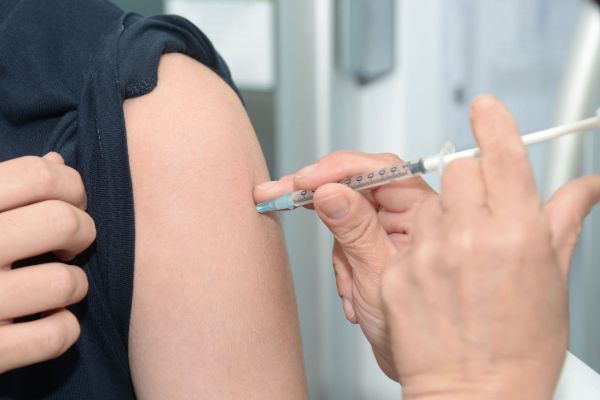If you were one of the more than 33.6 million Americans who were diagnosed with COVID-19, you may have wondered at some point-in-time whether you needed to get the vaccine or whether you were adequately protected with the antibodies you gained post-infection. A little more than 54% of our country currently has at least one dose of the vaccine in their bodies and many of the remaining, unvaccinated, Americans may be holding out because they already recovered from COVID-19 and think they are protected.
A recent study by the NIH determined that antibodies resulting from an infection only protect that person against the same or substantially similar strain, which means they are still vulnerable to the variants quickly taking over the infection rate across the world. However, a person who has antibodies from one of the mRNA vaccines (Pfizer-BioNTech or Moderna) will remain protected from the variants because those vaccine’s antibodies “target a broader range of SARS-CoV-2 variants carrying “single letter” changes in a key portion of their spike protein.”
The study is hoping to convince more people to get vaccinated even if they already recovered from COVID-19. A meaningful infection rate will continue to occur across the world, even in people who already overcame a positive diagnosis once, because the variants are able to effect a system that is unprotected to their protein makeup. This will also allow COVID-19 to continue to evolve and mutate into new variants unless there ends up being less or no new systems to jump to because so many people are vaccinated and protected.

